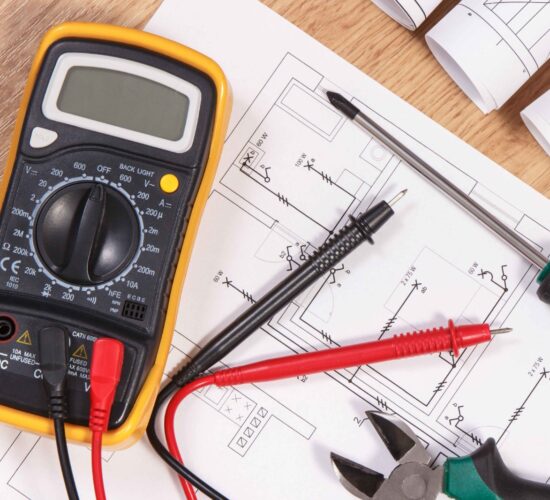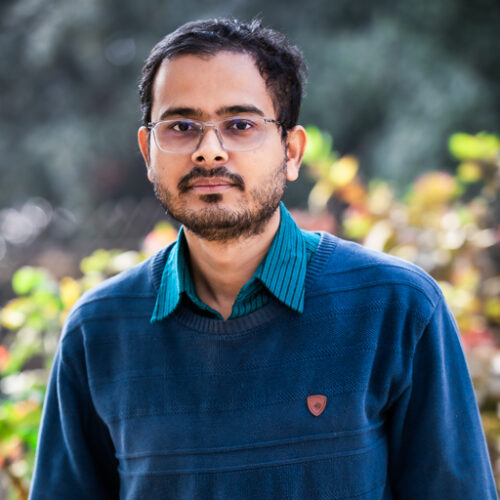“Electricity is the oxygen of the modern world!”
The term Electricity was coined by William Gilbert (1544-1603) who was an English physicist and natural philosopher. He described electricity as a phenomena arising from the flow of electric charge. The harnessing and use of electricity did not commence until the seventeenth and eighteenth centuries. By 1821, Micheal Faraday had designed the electric motor, and in 1827 Georg Ohm successfully analyzed the properties of electric circuits. What followed was a burst of scientific discussion and clever innovation.
Pioneering inventors and scientists, such as Nikola Tesla, Thomas Edison, Joseph Swan, George Westinghouse, Alexander Graham Bell and Lord Kelvin made important contributions to the field of electricity. These scientific studies on electricity led to the development of Electrical Engineering.
The Electrical Engineering Department of Girijananda Chowdhury University, Assam shall create a culture of learning that will provide a transforming experience for students so that they become competent Electrical Engineers who can contribute with peerless expertise, competence, and integrity in the dynamic field of electrical engineering and related fields.


Welcome to the Department of Electrical Engineering!
The Department of Electrical Engineering was started at GIMT in July, 2008, initially under the Gauhati University to provide a 4-year Bachelor degree in Electrical engineering, and later under Assam Science and Technology University (ASTU) in 2013. Presently, with the transformation of GIMT to Girijananda Chowdhury University (GCU) in 2022, the department is now under the school of Engineering and Technology of GCU. The department provides a healthy learning environment for its students in both theoretical and practical aspects. The department has many laboratories pertaining to different theoretical courses. The department also provides ample learning through external field visit, internships, industry visit, extramural lectures, expert talks etc. The department started its PhD programme from AY 2022-23. The B.Tech programme of the department was provisionally accredited by National Board of Accreditation (NBA) for the Academic year 2016-17, 2017-18 and 2018-2019.
The Department of Electrical Engineering was started at GIMT in July, 2008, initially under the Gauhati University to provide a 4-year Bachelor degree in Electrical engineering. In 2013, the Bachelor of Technology degree programme commenced and was affiliated to Assam Science and Technology University (ASTU). Presently, with the transformation of GIMT to Girijananda Chowdhury University (GCU) in 2022, the department is now under the school of Engineering and Technology of GCU. The curriculum of the B.Tech programme includes practical/ seminars/ training/ Projects etc. apart from theoretical subjects on basic sciences, humanities and core subjects.
The course structure, syllabi for the branch are basically power system oriented and it encompasses theory papers like power system analysis, control, economics, protection, computer-oriented analysis, industrial drives and control, high voltage engineering and other electives. The 4-year Bachelor of Technology degree programme of the department has now become more academically independent, with the ability to provide a holistic curriculum, aligning with the NEP 2020 for its students with the induction of the programme in its own University from 2023-24. The department provides a healthy learning environment for its students in both theoretical and practical aspects.
The department has many laboratories pertaining to different theoretical subjects. The department also provides ample learning through external field visit, internships, industry visit, extramural lectures, expert talks etc. The department has started its PhD programme from AY 2022-23 in varied areas of Electrical Engineering. The B.Tech programme of the department was provisionally accredited by National Board of Accreditation (NBA) for the Academic year 2016-17, 2017-18 and 2018-2019.